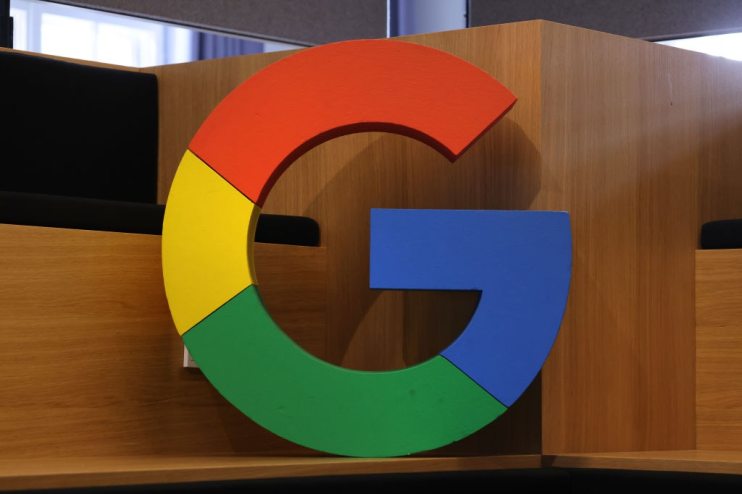CMA Chief exec: Crack downs on tech monopolies will safeguard London’s competitive edge

Effective competition is the lifeblood of a thriving economy. The chance to succeed with hard work and a good idea is a source of hope, and opportunity to entrepreneurs everywhere. While monopolies stifle innovation and focus on protecting their existing profits, competition leads to vibrancy and new ideas.
Ensuring digital markets are competitive is a major challenge and regulation is an essential component of this. It was after all action to promote competition – in this case antitrust enforcement against Microsoft – that paved the way for companies like Google and Apple to enter the market with their own desktop and mobile products.
A new set of tools, however, is much needed if we are to get the job done. This is why a new modernised regime is being considered by the Government for the largest tech firms. It will allow greater scope to take faster, pro-active, and targeted action to promote competition and protect consumers in a digital age. It will establish in law the new Digital Markets Unit in the Competition and Markets Authority to oversee an enforceable code of conduct for the most powerful tech firms – those with strategic market status in a particular activity.
History also tells us you can’t have effective competition without rigorous merger control. Between 2008 and 2018 of the 400 acquisitions made globally by the five largest digital firms, none were blocked by competition authorities.
This hands-off approach hasn’t worked. Too much market power is concentrated in too few firms. Today I hear directly from UK businesses who have found themselves in very difficult positions after problematic deals went through, some unable to survive because they can no longer compete and are excluded from key markets, others unable to enter or expand in these markets. In many cases these strong market positions can be directly related back to acquisitions approved years ago.
While the CMA only blocks around 2% of the deals it looks at each year, being prepared to take that action in a small minority of cases is absolutely critical to protecting consumers, for the economy as whole and for businesses who want a chance to grow and succeed.
So the new regime will also involve an enhanced set of merger rules designed to ensure closer scrutiny of transactions involving these firms.
This doesn’t mean that acquisition won’t continue to be a legitimate goal and exit route for UK start-ups. The new regime will not remove this opportunity and the vast majority of deals will be unaffected. We estimate that it will lead to only 2 or 3 more in depth reviews than we have now. Intervention would only occur where there was a real risk that one of the strong digital players was buying an important potential competitor or a business that could enable it to leverage its strong position into a new market.
The debate can’t just be led by those firms seeking acquisition and their investors. By helping to prevent individual firms from gaining excessive market power, merger control improves the investability of other firms operating in the same market. We won’t become the start-up capital of the world in an economy dominated by monopolies.
Some recent examples demonstrate this well. Following a CMA investigation the merger between the incumbent Illumina and the challenger PacBio – two US-based companies involved in DNA sequencing used by the NHS and UK research institutes – was abandoned.
A UK-based competitor Oxford Nanopore that could have suffered if the deal had gone through, went on to then raise significant funding and has recently successfully listed in London.
It doesn’t seem to have harmed PacBio either – they subsequently secured a $900m investment from SoftBank and its share price is now four times higher than the Illumina offer price.
Effective competition doesn’t make life easy for business. That’s the point. It forces firms to do things better and ultimately creates stronger firms and a stronger economy. This is something we should all be striving for.